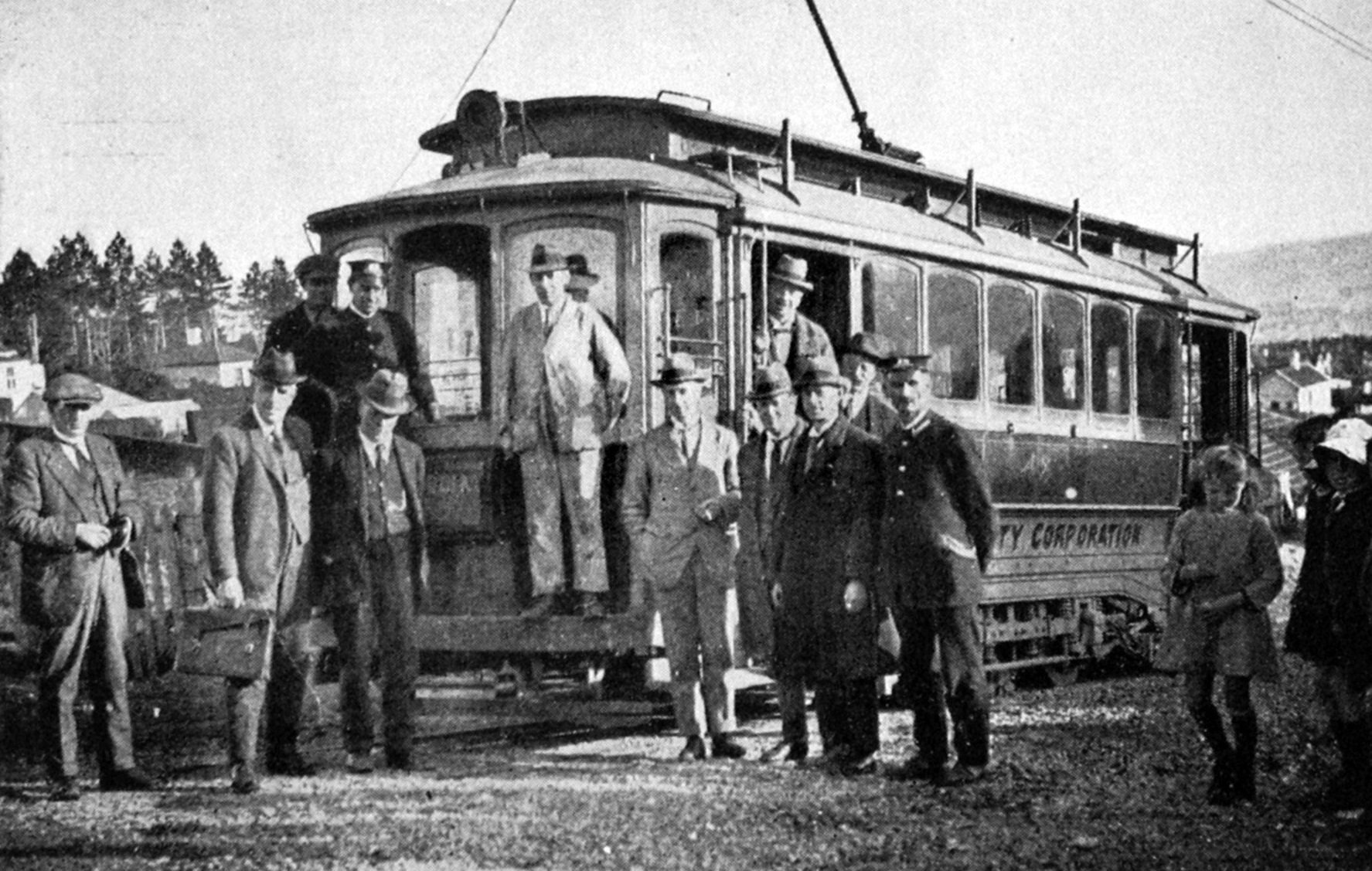
The results of the test proved very satisfactory.

Respite for sick mothers
One of the most recent philanthropic organisations in this community is the Children’s Rest Home. Early in 1920 a committee opened a home in Kenmure road on the lines of separating the children from their sick mothers. The need for this Children’s Rest Home has been abundantly evident ever since it was opened.
Its chief purpose is to take care, for the time being, of children whose mothers are unable to look after them, and by relieving them of this anxiety to hasten the time when the mothers shall be in a position to care for their own again. Children are accepted from anybody, and it is the proud boast of the manager, Mr Dunkley, that no necessitous case has ever been turned away.
The Children’s Rest Home is charmingly situated at 253 Kenmure Road. In the home itself, which is always full, there is accommodation for 12. Mr Dunkley outlined to the Otago Daily Times a typical case to illustrate the kind of service rendered by the home: There were six in the family, the eldest 12 years of age, and the youngest six months. The father was ill in hospital, and the mother was sent to a sanatorium. The grandmother took care of the eldest and the youngest, and the other four were taken in by the home. They were there for six months, showing a wonderful improvement in health. The mother made a good recovery and received her children back again with great gratitude . The home specialises in caring for the very young children whom it is most difficult to place.
Mr Dunkley says that many cases come through doctors, who meet with distressing situations in the course of their professional work. 150 to 200 children are cared for every year.
Removal of barriers demanded
One of the subjects dismissed at the annual conference of the National Council of Women of New Zealand yesterday was that of the disabilities imposed on women by reason of their sex. The question was brought under review by the introduction of many remits.
Dunedin: "That the Government be urged to pass legislation on the lines of the British Act known as the Sex Disqualification (Removal) Act. This would throw open to women the positions of JP, women police and women jurors.”
Auckland: "That the National Council of Women continue to urge for an amendment in the law providing for women justices of the peace and women jurors.”
Christchurch: "That all civil and political disabilities of women should be removed."
Wellington: "That women should not be deprived by sex or marriage from holding any civil, judicial or political position.”
Gisborne: "To protest against the neglect of the Government to remove the bar which prevents women from appointment as justices of the peace, inclusion on juries or employment as police patrols, especially in the interest of the prevention of crime among juveniles."
— ODT, 3.9.1924 (Compiled by Peter Dowden)












